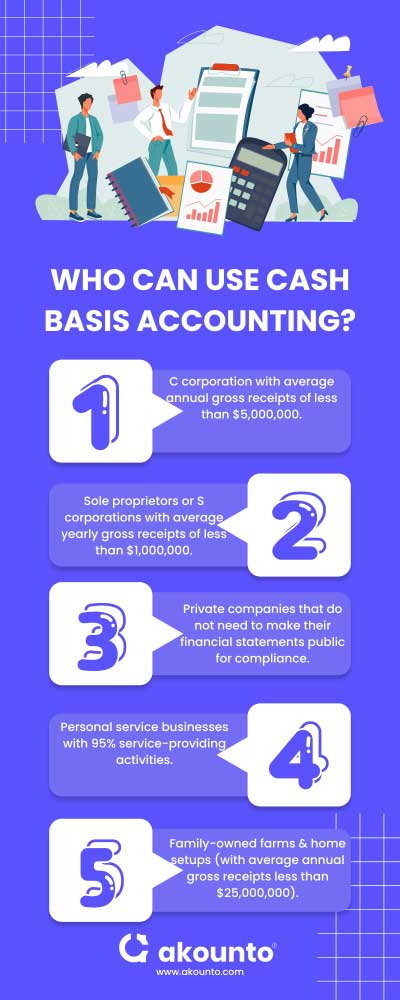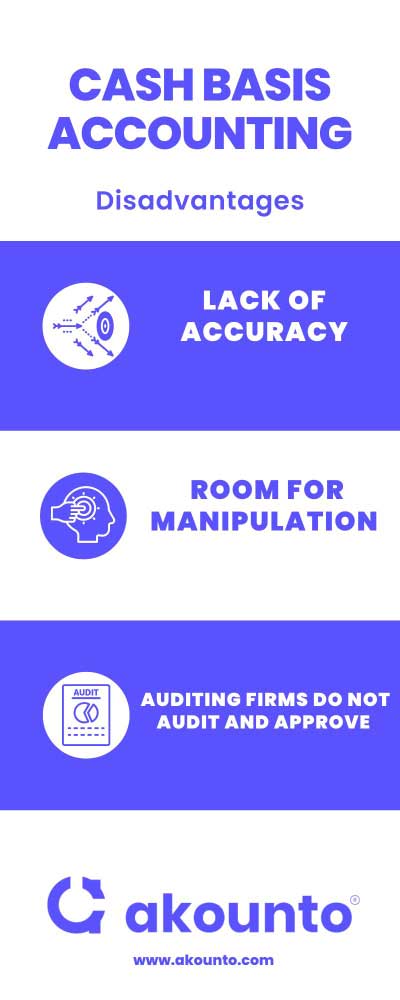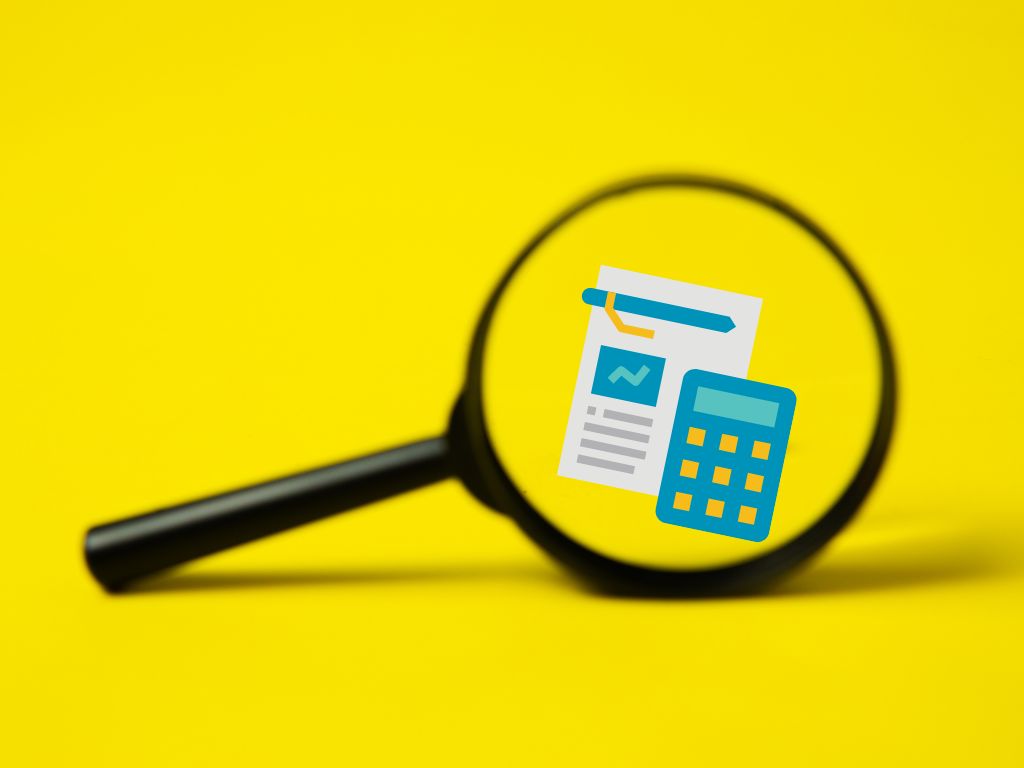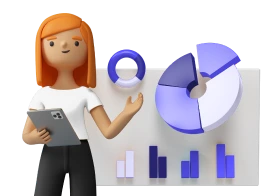What is Cash Basis Accounting?
Cash basis is an accounting method that records financial transactions when cash is received or paid out. In other words, transactions are recognized only when the liabilities or payables are in real cash.
[ez-toc]
The cash basis method contrasts with the accrual method of accounting that recognizes transactions when revenues are earned, or liabilities are incurred regardless of when the cash is paid or received. Cash basis thus does not identify the accounts payable and the accounts receivable.
The Tax Reform Act of 1986 prohibits using cash-based accounting methods for major businesses and tax entities such as the C corporation, mainly because this method is comparatively inaccurate. On the flip side, it has several advantages and benefits for small businesses.
When should the Cash Basis of Accounting be used?
Cash basis financial accounting is preferred for small business owners, government agencies, nonprofit organizations, and service businesses that do not use an inventory.
By and large, cash basis accounting should be used by businesses and organizations when:
- The business uses a single-entry accounting instead of the double-entry accounting method, reducing the cost of complex professional accounting services.
- They do not deliver goods or services on a credit
- The financial statements of the Company or agency are not subject to audits or public exposure like the public companies. This is true for sole partnerships.
- The Company does not have an inventory or anything that would need to be valued, which is valid for some service businesses.
Who can use Cash Basis Accounting?

The American Institute of Certified Public Accountants AICPA has published the following conditions in their Journal of Accountancy that allows the use of cash basis of accounting:
- A C corporation with average annual gross receipts of less than $5,000,000.
- Sole proprietors or S corporations with average yearly gross receipts of less than $1,000,000
- Private companies that do not need to make their financial statements public for compliance with the IRS and the U.S. Securities and Exchange Commission (SEC), as is true for publicly traded companies.
- Personal service businesses where more than 95% of business activities are related to service-providing.
- Family-owned farms and home setups with average annual gross receipts of less than $25,000,000.
Advantages of Cash Basis Accounting
Tax Benefits
With cash basis accounting method, income is recorded only when it is actually received. So, the business can manipulate the tax liabilities according to convenience. For instance, they can accelerate the payments to reduce taxable profits.
Ease and Simplicity of Use
Cash basis accounting is a simple and easy method of keeping records. It is a single-entry system, and various software is available to simplify this even more. This way, cash accounting can also give an accurate picture of a company’s cash at a certain time of the tax year. This also helps the Company reduce its employment costs of expert accountants.
Disadvantages of Cash Basis Accounting

Due to its severe limitations, cash basis accounting is not an acceptable accounting method for IRS, GAAP, and lenders. Besides, it will be challenging to switch to the accrual method when your business takes off, and strict regulations will begin to apply.
In addition to these apparent cons, here is how the cash basis of accounting puts you at a significant disadvantage:
Lack of Accuracy
Cash basis accounting can display a change in the Company’s financial position sooner or later than when it occurred. For instance, the invoices with a customer or client will not reflect on the books until the cash flows. The contract might have been going on for years without any change in the business’s financial picture. Cash basis accounting hence produces less accurate results.
Room for Manipulation
A company can misrepresent its financial statements by delaying the payment of liabilities or recognizing taxable income in a more feasible reporting period. At the end of the day, a company will only pay income tax on the cash received in an accounting period.
Audited Financial Statements
Auditing firms do not audit and approve financial statements compiled under the cash basis accounting method. The business will have to switch entirely to accrual accounting if they need audited financial statements.
Cash vs Accrual Accounting
Cash and accrual accounting are two primary accounting methods used by businesses and companies for recording transactions.
Financial reporting under the cash basis looks at the actual cash flow. Whereas for accrual accounting, the time of incurrence of payment or liability is sufficient to make the entry. This simple, single-entry accounting system only applies to specific situations, such as small businesses and sole proprietorships that deal exclusively in cash. Accrual basis accounting is the acceptable method for companies that need to file audited financial statements.
For a more detailed and expert comparison of accrual basis and cash basis accounting methods, read the post on Akounto.
Examples
A company bills a customer for service on October 15, but the payment arrives a month later, on November 15. Under the cash accounting, this payment will only be recorded on November 15.
Similarly, assume Company C hires Company D in December to supply widgets every month. The contract says that the payments will be released after the delivery of the widgets, starting in January. Company D has a contract and the expense of supplying widgets, but the cash accounting method won’t record any transaction until January, when the actual cash flows in.
Sign up with Akounto today to handle all your accounting problems. Let the specialists see which accounting method is more suitable for your business and how to take care of it so that it complies with the law.



